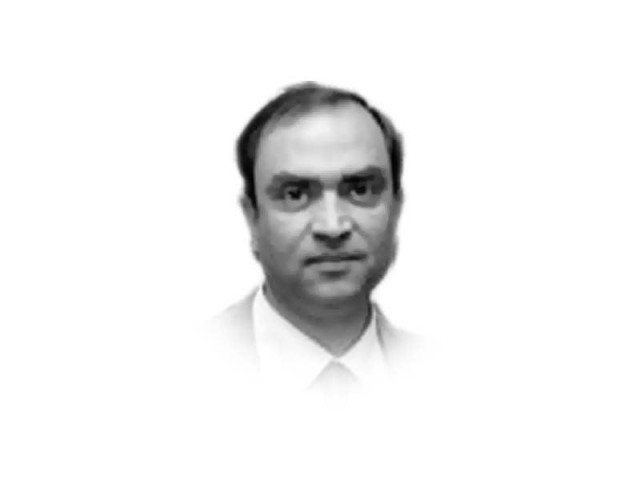Therapeutic jurisprudence of suicide
In past Mental health disciplines have helped in shaping new laws, the legal system, and the behaviour of legal actors

Former US president Thomas Jefferson once said, “The care of human life and happiness, and not their destruction, is the first and only legitimate object of good government.” We must recall this quote whenever we look at suicide, which is an act intending to take one’s own life. Practitioners view suicide as a consequence of depression, mental disorders, traumatic brain injuries and often dependence on drugs and alcohol along with other social pressures.
The law should also recognise that these are well-defined psychological illnesses before punishing a person who has attempted suicide. Punishing someone already suffering from a disease seems completely prejudicial. As mental illness is a medical concept, its definition should come from medical professionals and not from legislators or judges. In the past, mental health disciplines have helped in shaping new laws, the legal system, and the behaviour of legal actors.
Unfortunately, section 325 of the PPC, a 150-year-old legislation, does not recognise the pressure associated with the criminalisation of suicide, and penalises individuals already suffering. This section imposes a punishment of imprisonment, fine or both on the person attempting suicide. The suicide attempt is the only offence where the accused is also the victim.
If the purpose of the prescribed punishment is to prevent prospective suicides by limitations, it is difficult to understand how the same can be achieved by punishing those who have committed the act. Those who attempt suicide due to mental illnesses deserve psychiatric therapy rather than imprisonment in jails, where their condition is likely to deteriorate. The objective behind criminalising suicide was to prevent this act but the effect does not seem satisfactory at all.
On the other hand, section 49 of the Mental Health Ordinance 2001 states that “a person who attempts suicide shall be assessed by an approved psychiatrist and if found to be suffering from a mental disorder shall be treated appropriately under the provisions of the ordinance”. However, the accused still face consequences following their arrest, which shows the law’s inefficiency in protecting the victims.
Thus, the courts should take steps to ensure welfare of the victims instead of convicting them. The apex court should issue directives to subordinate courts to judiciously observe compliance with section 49 while adjudicating a criminal case of this nature. The government should also issue instructions to police and prosecution departments to strictly follow the procedural requirements of section 49 before charging individuals in these cases.
According to the WHO, Pakistan has just 343 certified psychiatrists, 478 psychologists and 3,145 social workers for a population of over 200 million. Most patients suffering from mental illnesses are unaware of their condition. This coupled with a lack of access to adequate mental health facilities has contributed to the high rate of suicide. Past trauma, family history of violence, child neglect, constant bullying, etc also cause mental health issues ultimately resulting in suicidal thoughts. Social media has also set unrealistic standards, which affects individuals’ mental health negatively.
Due to the anti-suicidal laws, most cases are not reported and there is no fixed record of annual suicide cases. Decriminalising suicide is crucial for de-stigmatising mental health support and facilities. Secondly, psychological wellness administration should be improved to meet the needs of the community. This would include psychoeducational training of the police, medico-legal officials, trauma centre specialists and staff, attorneys, and religious scholars.
Social factors — heavily responsible for creating suicidal tendencies — must be identified and addressed effectively. The government should raise awareness about mental health and suicide through widespread campaigns and seminars to de-stigmatise the issue and encourage people to seek psychological assistance. Educational institutes should offer counselling sessions to support students as they are more vulnerable to mental health issues. Comprehensive measures will help us drastically reduce suicide in our society.
Published in The Express Tribune, October 12th, 2022.
Like Opinion & Editorial on Facebook, follow @ETOpEd on Twitter to receive all updates on all our daily pieces.














COMMENTS (7)
Comments are moderated and generally will be posted if they are on-topic and not abusive.
For more information, please see our Comments FAQ